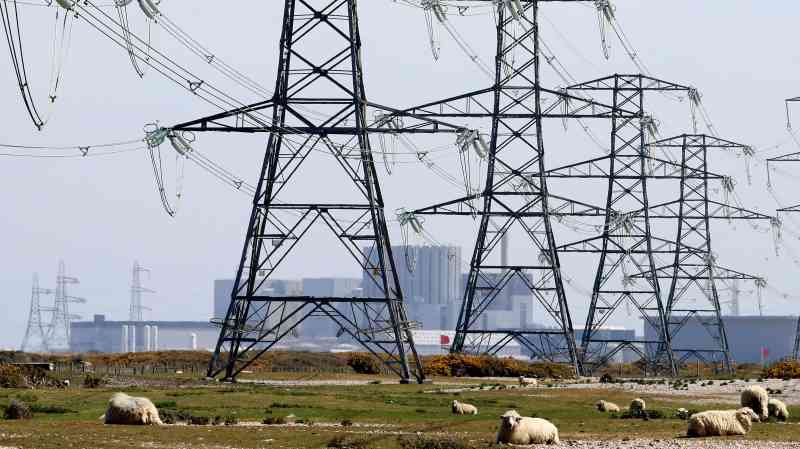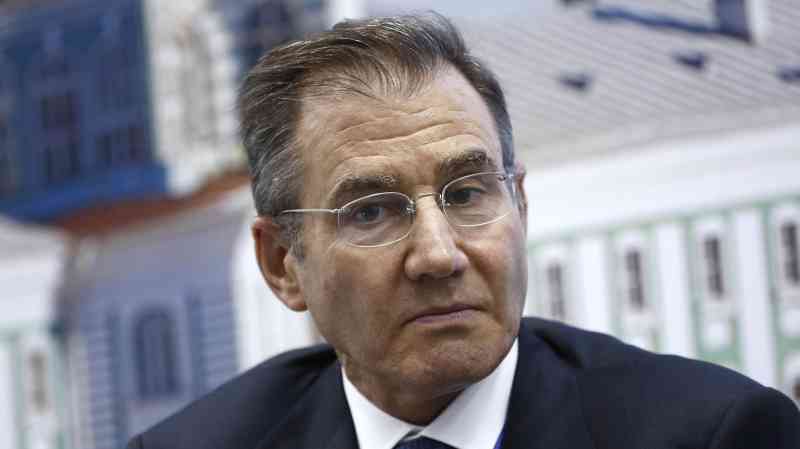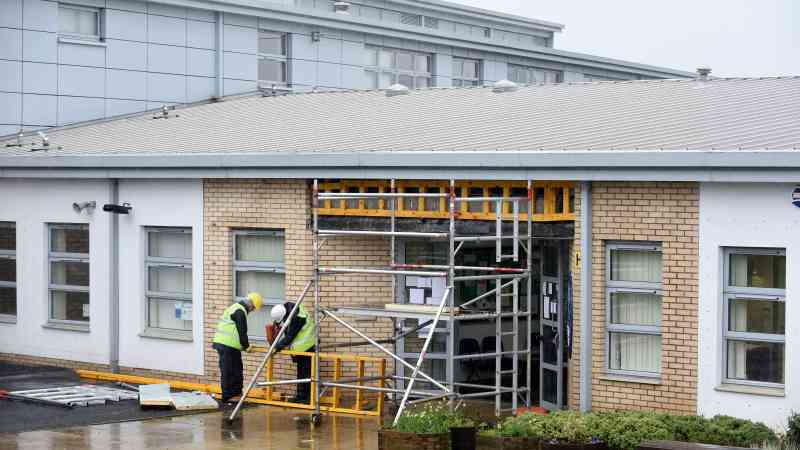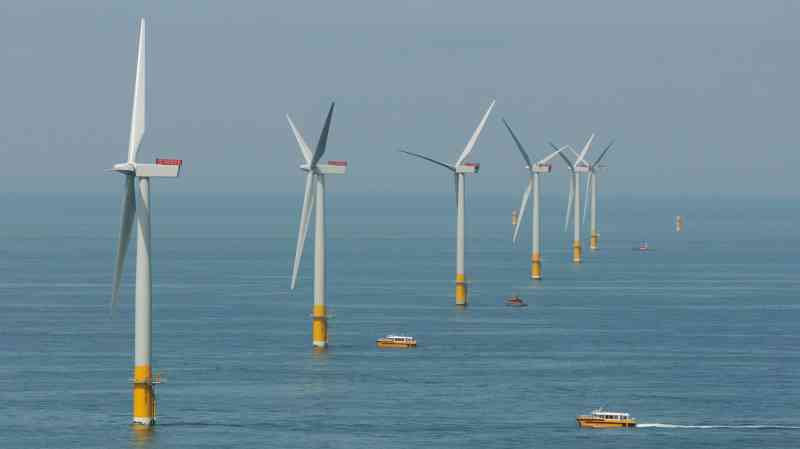British Gas owner Centrica abandons its opposition to energy price cap
British Gas has abandoned its long-standing opposition to the energy price cap and admitted that “price regulation has helped the consumer”.
Chris O’Shea, the boss of Britain’s biggest energy supplier, also blamed the smaller companies that are going bust for their own demise and warned that households faced a bill of hundreds of millions of pounds for the costs that British Gas is incurring by taking on their customers. He said that well-run firms of any size should be able to withstand soaring wholesale prices and he called for stronger regulation to prevent more suppliers failing.
O’Shea took over as chief executive of Centrica, the owner of British Gas, last year, succeeding Iain Conn, who had lobbied against the cap for years.
Until yesterday, Centrica’s website still carried claims that “the cap won’t work and will have harmful consequences for customers”.
In a remarkable corporate U-turn, O’Shea told The Times: “I think price regulation has helped the consumer. I think that price regulation should stay.”
He said that “the method of price regulation may need some changes” and the mechanism used to set the price cap should be reviewed, but he insisted: “I’m very comfortable with the price cap staying as we go forward. I’m not asking for it to be removed.”
The cap for 11 million households on standard variable tariffs was introduced at the start of 2019 to prevent companies ripping off customers who did not shop around for cheaper deals. It forced British Gas to cut prices and hit Centrica’s profits, prompting it to cut thousands of jobs.
Centrica has lost 75 per cent of its value over the past five years as British Gas lost millions of customers to rivals. It supplied 6.8 million households as of July, roughly one in four. Six small companies supplying 1.5 million households have failed this month alone and Ofgem has appointed British Gas to take on the 440,000 customers of three of them.
Critics suggest Centrica has dropped its opposition to the price cap because the cap may be hastening the demise of smaller rivals, enabling British Gas to regain market share. The cap is updated twice a year to reflect Ofgem’s view of the costs companies face and assumes that they hedge, buying energy in advance. O’Shea confirmed Centrica did so and made a “moderate profit” on standard variable tariff customers.
Some small suppliers complain that they cannot hedge as much and are struggling now because soaring wholesale costs mean the cap is set well below the cost of buying energy today. O’Shea said that “companies that have not hedged their purchases of gas and electricity and haven’t had the right risk management techniques have been found out by an increase in prices”. He said that “regulation has to be strengthened” to ensure companies were adequately capitalised.
Even big companies such as British Gas cannot now buy energy cheaply enough to take on new customers and charge them only at the price cap without incurring losses. British Gas has just taken on 350,000 customers of People’s Energy, which collapsed last week, but it will claim back the additional costs it incurs from an industry-wide levy that will be paid by all households.
O’Shea confirmed third-party estimates that this claim could be in the region of £200 million for energy alone and “tens of millions of pounds” for customer credit balances.
Suppliers have been in talks with the government and Ofgem over whether this process for dealing with collapsed suppliers is adequate or whether companies taking on customers may need government-backed loans. O’Shea said: “The process we have has never been tested at this scale and it may not cope with the current situation.”






